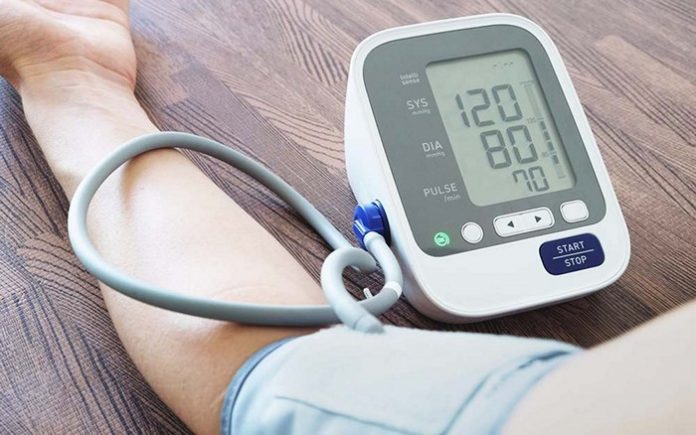Lifestyle choices such as your diet, exercise routine, and sleep habits play an important role in blood pressure.
Many people know a diet high in fat, salt, and sugar along with a sedentary lifestyle can affect blood pressure rates. But there are other hidden habits that can have an impact on blood pressure readings.
People who use over-the-counter (OTC) medications to treat minor aches and pains can see spikes in their blood pressure. OTC medications, including anti-inflammatory drugs such as ibuprofen (Advil) can increase blood pressure. Many OTC decongestant medications are also known to raise blood pressure.
Prescription medications such as those used to treat mental health, oral birth control medications, immunosuppressants, cancer medications, and steroids can also raise your blood pressure. However, experts recommend that you consult your physician before discontinuing any of the prescription drugs.
Caffeine can also contribute to rising blood pressure. Limiting caffeine to less than 300 milligrams (mg), or about two to three cups of coffee per day, can help avoid high blood pressure from reaching critical levels. Green tea extract and other caffeine-related products, all increase the adrenalin surge in a patient. While these products are meant to make one more alert, but in doing so, they also elevate blood pressures.
Certain food ingredients and supplements can also lead to elevated blood pressures. Herbal supplements and home remedies that use ingredients such as licorice can lead to hypertension. Also, foods with strong cheeses, cured meats, and even soy products can contain high levels of tyramine, which can interact with certain antidepressants and cause hypertensive episodes.
Some people experience anxiety in a medical settings that leads to high blood pressure readings and consequently unnecessary blood pressure medications. To offset this, people can take their blood pressure readings at home, and then compare those readings to measurements at their doctor’s office.
Prepare for blood pressure readings by emptying your bladder, avoiding cigarettes or caffeine for 30 minutes before the measurement, and sitting quietly for a few minutes before taking a reading.
Under current guidelines, normal blood pressure is having a systolic (upper) number of less than 120 and a diastolic (lower) number of less than 80. Stage I hypertension occurs when the systolic number is between 130 to 139 and the diastolic is between 80 to 89. Stage II hypertension is a systolic greater than 140 and a diastolic greater than 90.
If you have a systolic blood pressure greater than 180 and a diastolic greater than 120 and you have symptoms of chest pain, dizziness, or shortness of breath — this is a hypertensive emergency. For anyone in this situation, go to the nearest emergency room, as their risk of stroke or heart attack is very high. High blood pressure is a contributing factor to multiple dangerous health conditions, including heart attack, stroke and chronic heart failure.
















